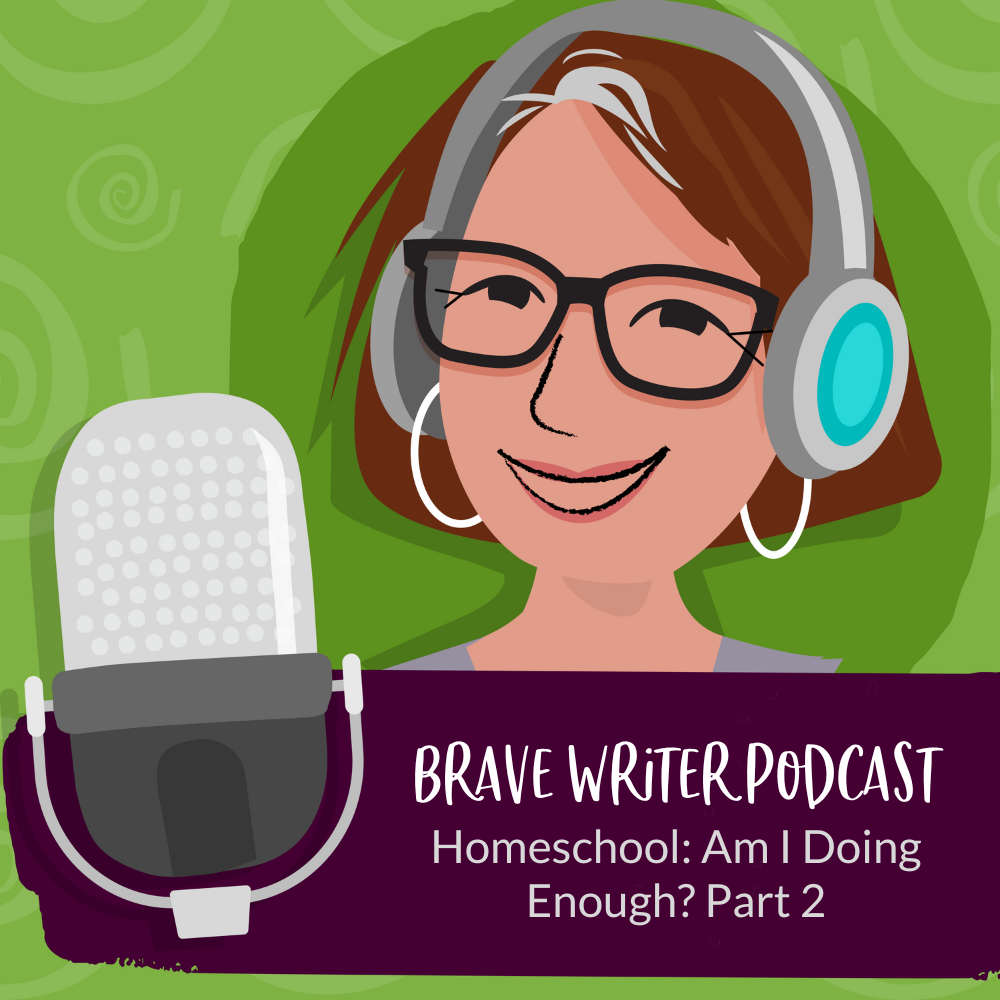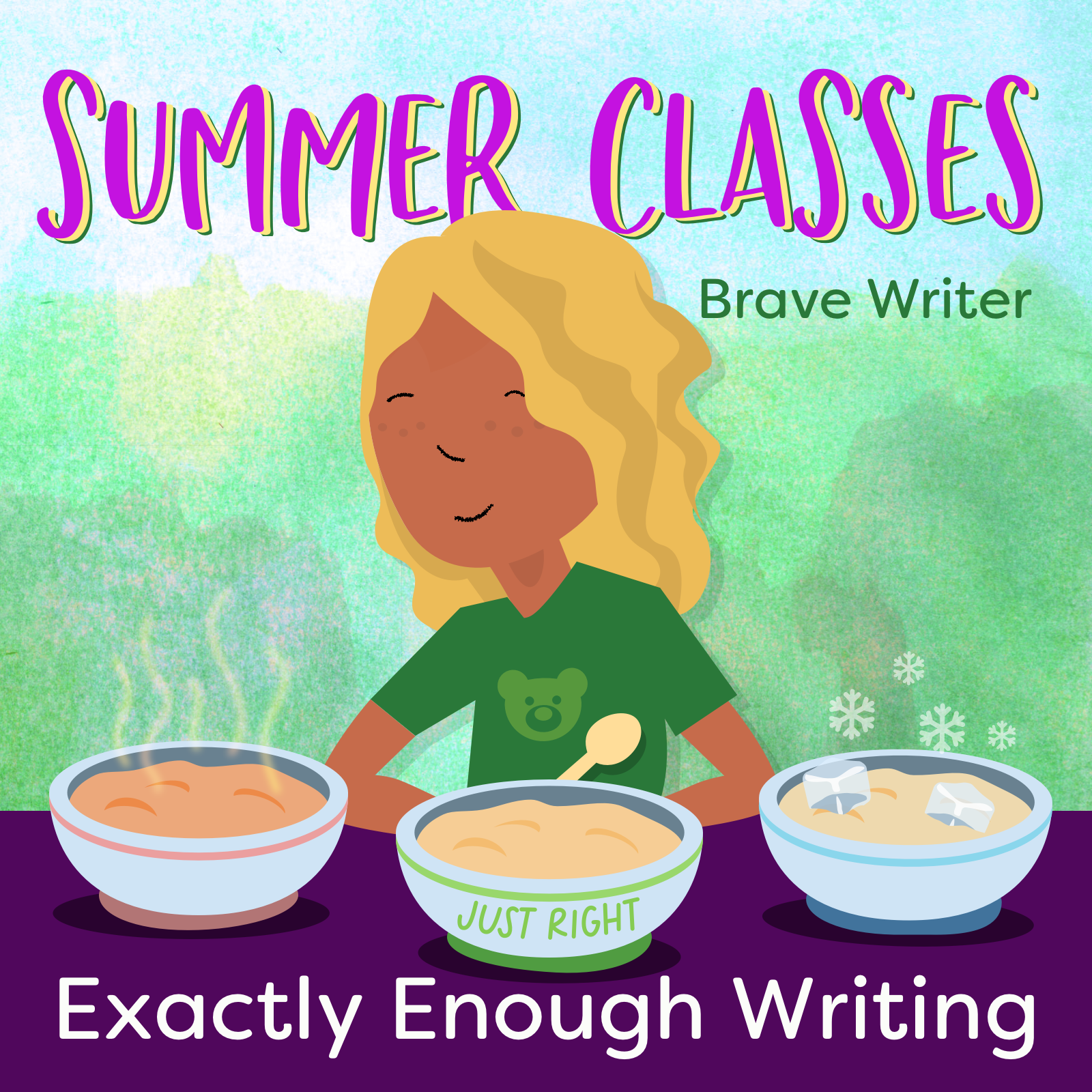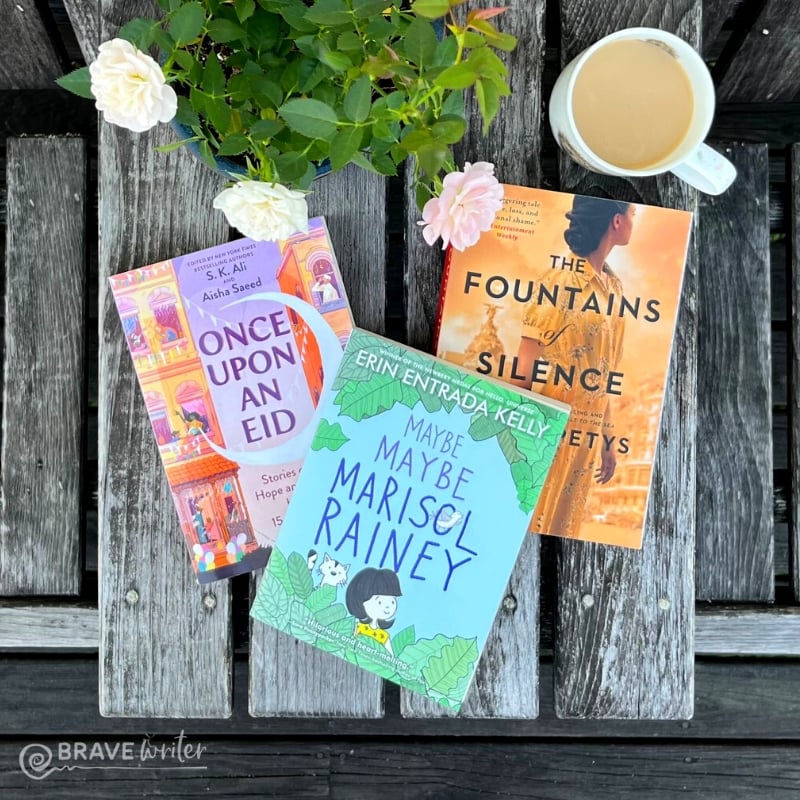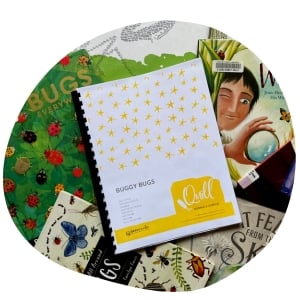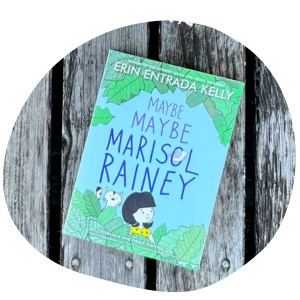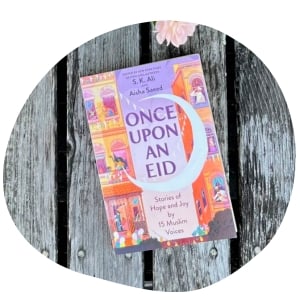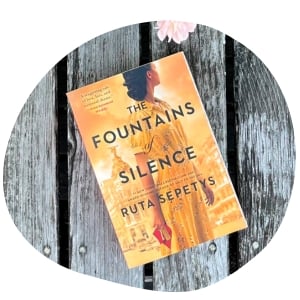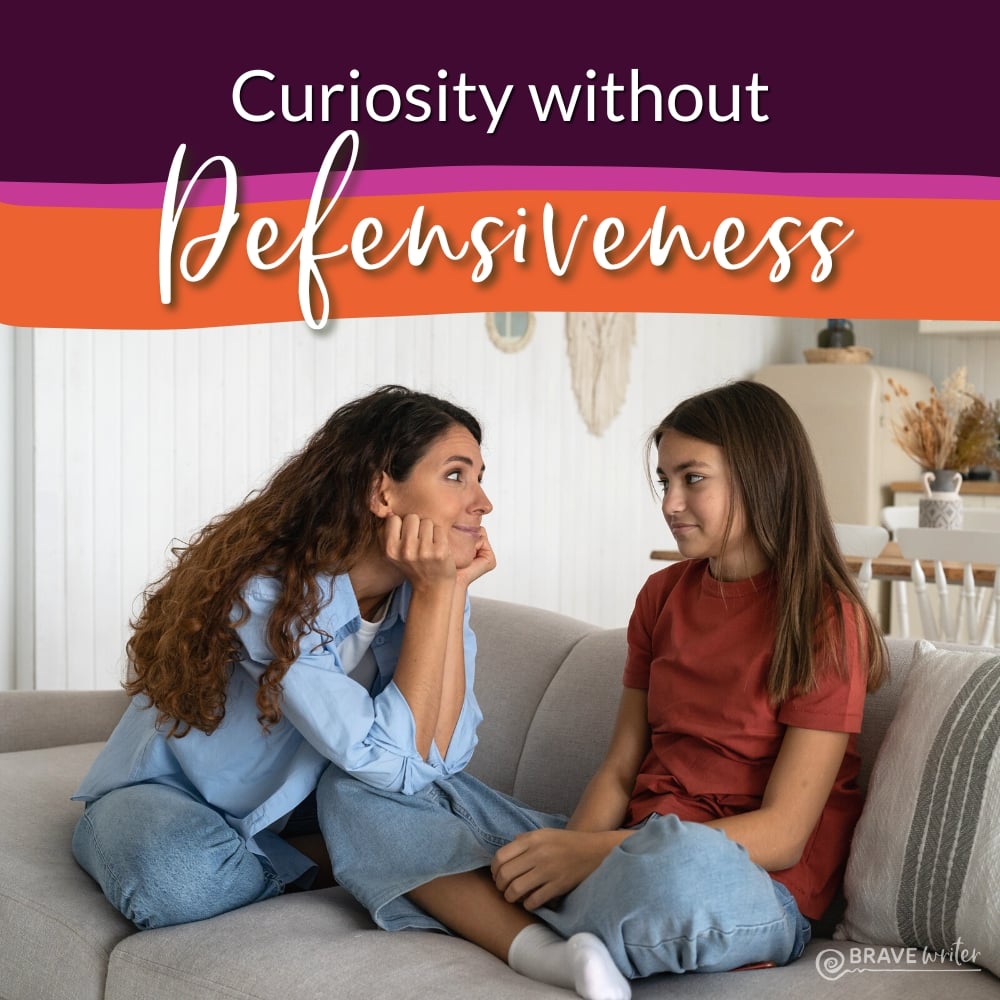
How do we hear one another while holding our own ideas with conviction?
Remind ourselves that listening to someone else is in no way threatening to the conclusions we’ve already drawn.
Sometimes we find listening painful. To hear another viewpoint can feel as though we are allowing ourselves to be attacked or invalidated or undermined.
That’s not what’s happening.
Instead, when we give another person the floor to make their case, we are allowing for ideas to surface that need to be heard and accounted for (even in our own thinking). We may not be giving up anything about our position, but we at least can now imagine and understand the way in which our viewpoint is not addressing the core concerns of someone with a different perspective.
To be curious without defensiveness, then, is to allow someone else the space to say what they have to say without rushing in with a “gotcha” comment or the need to immediately retort with all the reasons their logic doesn’t work for us.
To show curiosity also doesn’t mean we can’t also express how we see it. Not only that, the best conversations include viewpoints—beliefs and perspectives that each person holds.
Curiosity without defensiveness starts at home with our little dissidents. Our kids will challenge our good ideas every day. Once in a while, ask them to share more. Discover how they put the pieces together for themselves and think about how we can account for:
- their needs,
- their beliefs,
- their ideas in the solutions we create together.
I write a lot about these ideas with practical activities in my book, Raising Critical Thinkers.



